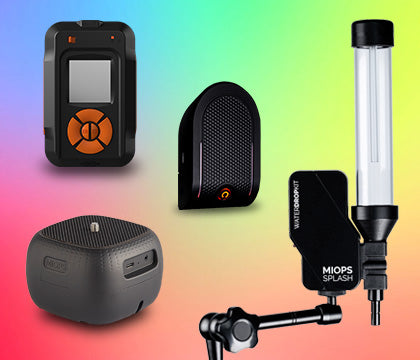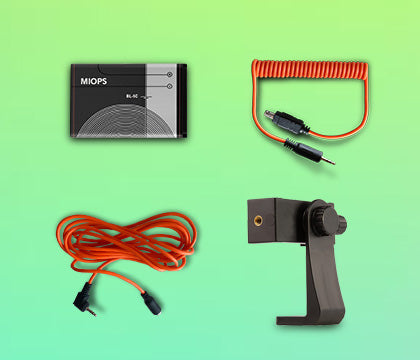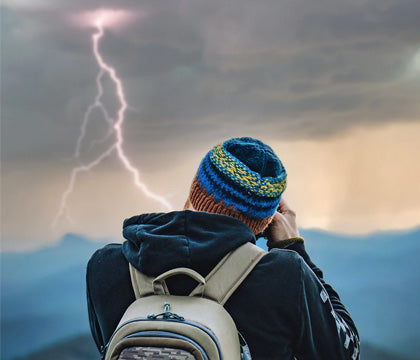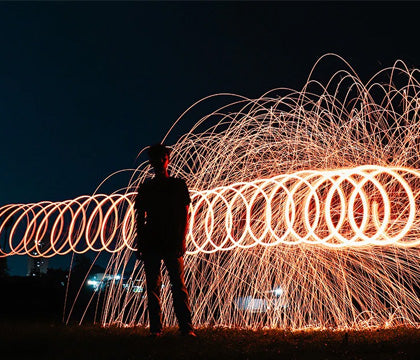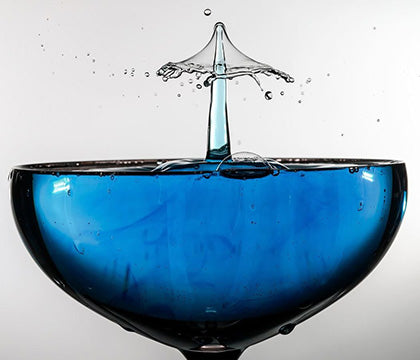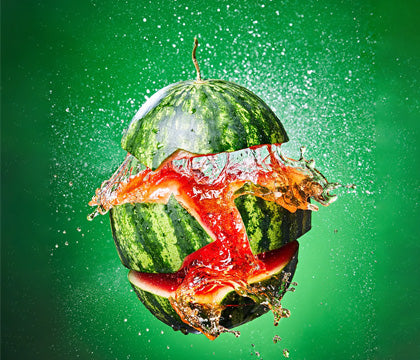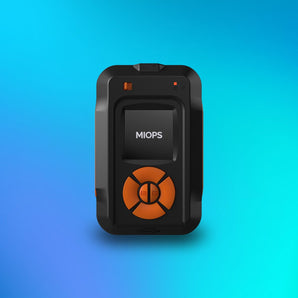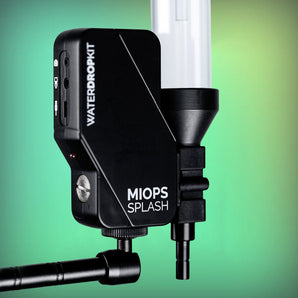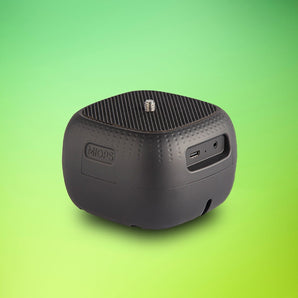Hummingbirds are the most beautiful birds that can be seen in your backyard. These little creatures have over 350 colorful species and weigh 4-5 grams only. They got their name from the humming sound their wings make during the flight. Hummingbirds can flap their wings between 15-75 beats per second and we can’t see it with our eyes.

These are the only creatures that can fly backward and hover for a long time. In this article, we’ll talk about how to photograph a hummingbird.
1. Study the bird:
In wildlife photography, the most important thing is that you know about your subject before picking up the camera, and that applies to hummingbird photography too. Place hummingbird feeders and hummingbird-friendly flowers in your backyard and observe the birds. Know about the time when they are most active and how they behave.

Watch where they are coming from and where they’re going. Which flower they are going often, where it’s perching, which side of the feeder it’s going more. Hummingbirds are a creature of habit and they do the same thing again and again in a loop. So, if you learn about their behavior, it’ll be easy for you to photograph them.
2. Camera settings for hummingbirds:
Okay, let’s talk about the gears and camera settings for hummingbird photography. You’ll need a telephoto lens so you can click the birds from a distance without scaring them. A long lens will also give you a nice blurred background.
If you search for how to photograph a hummingbird on the internet, you probably read that you require a high shutter speed because hummingbirds move very fast. Well, it’s not entirely true, your shutter speed depends on what kind of photo you want to take. If you have seen hummingbird photos, you’ll notice that these photos usually come in three categories.
If the bird is sitting on a perch, a 1/250 - 1/500 seconds shutter speed is enough. For semi-action shots, you may keep your shutter speed between 1/500 - 1/1000 seconds. A semi-action shot means the bird is sitting on a perch and stretching out its wings or ruffling its feathers. Moreover, if you want to click the bird with a blurred wing, it comes under semi action shot too.
If you would like to take in-flight shots with sharp wings which come under high speed photography, you need to click it at 1/2000 seconds or higher shutter speed. Keep in mind that for such a high shutter speed, you need lots of light or you need to boost the ISO. Whatever kind of photo you take, especially high speed image, just make sure that the eyes, beak, and head of the bird are always in focus.

Another challenge in hummingbird photography is focusing because birds are tiny and move rapidly. For that, you have two options. First, if your lens has a focus limiter option, use that. This feature limits the lens to focus between selected distances only. Let’s say you’ve set the focus limiter to 4.5 - 10 meters, it will not try to focus at infinity or any distance below 4.5 meters and beyond 10 meters.
If your lens doesn’t have this feature, select a point of reference for focus. Let’s say the distance between you and the birdfeeder is 10 feet, find something big at the same distance and use that for pre-focus. By doing this, your camera will focus fast and accurately on the bird.
Keep your camera set to continuous focusing mode and click plenty of pictures using burst mode to capture the perfect moment.
3. Lighting:
A common mistake many photographers do when they click bird photos is that they click the picture in the middle of the day when the light is very harsh. Don’t make the same mistake. Harsh light will give you unpleasant shadows and dull colors. Always try to click in the morning or evening, when the light is soft or on an overcast day. The soft light will give you more vibrant colors.

4. A few more things to remember:
- The background is a crucial element in the picture, make sure that your background compliments your subject. You have limited options here, but always try to get the best background by changing your shooting position a bit.
- When you compose the shot, keep some extra negative space in the frame. Hummingbirds move rapidly and by the time you press the shutter button, they may move and their beak or wings go out of the frame. You can always crop the picture but you can’t get back a missing part.
- When you are clicking a photo near the feeder, wait for the bird to go back. When they do, click the picture so you can get a clean shot of the hummingbird without the feeder in the frame.
- Have patience and do lots of practice. The more you practice, the better hummingbird photos you will get.
At last, let’s talk about how to use a high speed photography trigger like MIOPS Smart+ to capture beautiful pictures of hummingbirds. You may use MIOPS Smart+ as a remote trigger or make a laser trap using its laser trigger.
Take impossible photos by turning your camera into a high-speed capture device!
MIOPS SMART+
For the first method, you need to set up your camera on a tripod with manual focus and attach MIOPS Smart to it. When the bird comes, you can trigger the camera using your smartphone.
The second method is to build a laser trap by using the laser trigger mode of it. In this method, the camera will click the pictures automatically. Set up the camera the same as the first method. Now you need to fix a laser pointer and MIOPS Smart in a way that when the bird comes, it cuts the laser light and the trigger will click the picture. Take a look at the following image, it’s a top view of the setup.

When the bird will come between the laser pointer and MIOPS Smart, it’ll sense it and click the picture. If you are an advanced photographer, you may use flashes and a paper background to click some extraordinary pictures.
So, here are some tips and tricks for hummingbird photography. Use it to click some outstanding pictures. All the best.


